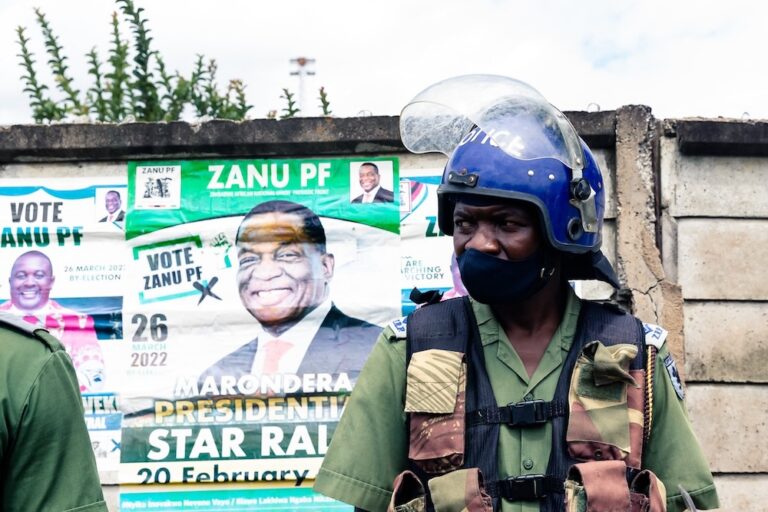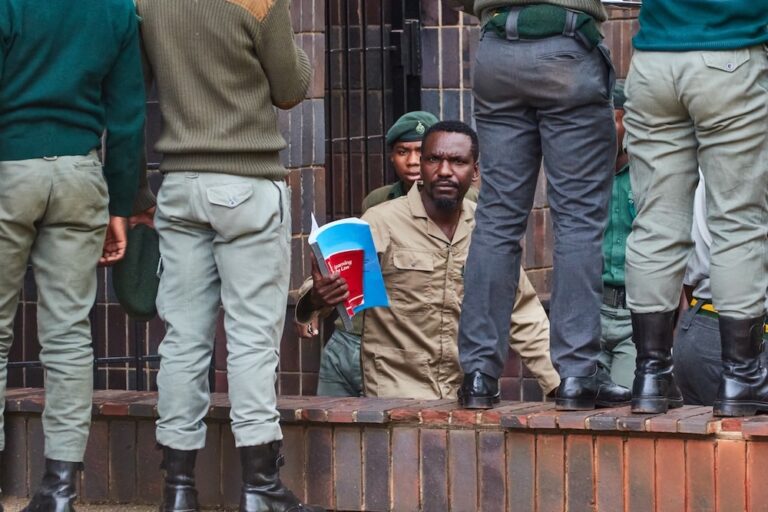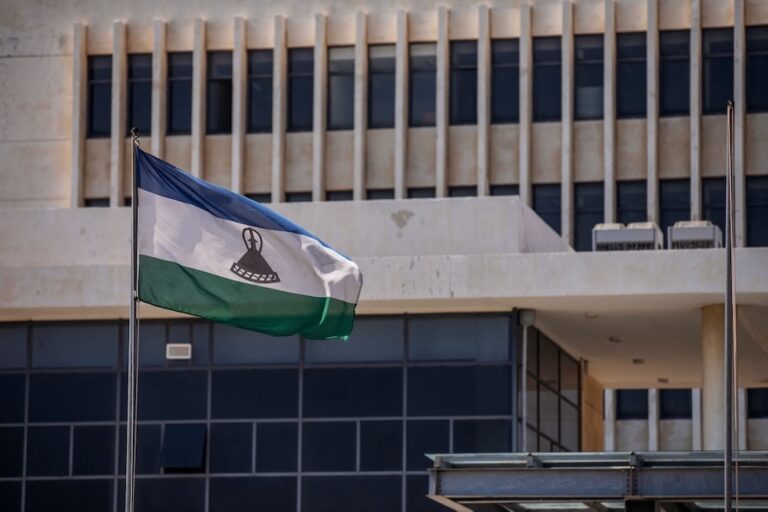Groups say the Gambian government has proposed the amendments so that the Court will be weakened in its capacity to deal effectively with tyrannical governments.
(MFWA/IFEX) – The Republic of Gambia has introduced to the ECOWAS Commission a proposal for the amendment of the provisions concerning the jurisdiction of and access to the ECOWAS Community Court of Justice under the protocol establishing this organ.
Through a draft Supplementary Act it has submitted to the Commission, the Gambian government proposes the amendment of Articles 9(4) and 10(d) of the Supplementary Protocol (A/SP.1/01/05) instituting the Community Court of Justice.
The proposed amendment intends to subject the ECOWAS Court’s jurisdiction to the exhaustion of domestic remedies, and as the ECOWAS Committee of Experts is scheduled to meet on September 28, 2009 to consider the proposal, we are raising some concerns about this proposal.
We urge the democratic governments in our region, as well as citizens’ groups, institutions and organizations, to protest against the ECOWAS adopting The Gambia’s proposed amendments. The Gambian government proposes these amendments so that the Court will be weakened in its capacity to deal effectively with tyrannical governments trampling on citizens’ rights.
Specifically, The Gambian government under President Yahya Jammeh does not have the moral right to initiate such amendment because the country, which is currently standing before the Court for serious human rights violations, has shown blatant disrespect to this institution. In the case of the disappearance of the journalist Chief Ebrima Manneh, The Gambia never responded to the Court’s summons and five security agents believed to have played various roles in the journalist’s abduction were prevented by the government from appearing before the Court.
Furthermore The Gambia is proposing that “with respect to human rights cases, the Court should only have jurisdiction in respect of international instruments ratified by the respondent country”.
We are not surprised by this formula because the Gambia, which is currently facing trial for torture before the ECOWAS Court (Musa Saidykhan vs. The Gambia), is one of the rare African countries which has not ratified the United Nations Convention Against Torture, Cruel, Inhuman and Degrading treatments. The aim of this proposal is to prevent the Court from adjudicating on the case against The Gambia, and of limiting the scope of human rights cases the Court can take up.
The ECOWAS Community Court is for West African citizens an important protection against cruelty and arbitrariness. It promotes direct access to an independent judicial instrument that is not usually available in many countries in the region.
The Community court is an advance in promoting good governance and regional integration based on democratic principles and structures, in that it protects the rights of citizens of the region as envisioned by the founding fathers.
For us, depriving the citizens of free access to the Community Court is to subject them to the tyranny and arbitrariness of states where the judiciary is an arm of the executive.
In The Gambia, President Jammeh’s government has reduced the judicial system and the judiciary to a force under his direct dictatorship. He dismisses judges, including Chief Justices, at will and ensures that court decisions that go against his wishes are disobeyed. The ECOWAS court was set up precisely to protect citizens against such conditions of subversion of justice.
We, the undersigned, (a partial list of rights promotion organizations in West Africa) unreservedly maintain that reviewing the Court’s instrument as proposed by The Gambia will be a betrayal of the confidence reposed in the independence of the Community Court and a backward march of the regional body’s commitment to ensuring the security, human rights and justice of the citizens of the sub-region.
We request that the ECOWAS Commission invite civil society organizations in the region to send out experts to the proposed experts meeting. Otherwise this meeting must be postponed until there are broad consultations with representatives of civil society organizations as well.
Signatories:
Rencontre Africaine pour la Défense des Droits de l’Homme (RADDHO), Dakar
Panos Institute for West Africa, Dakar
International Press Center (IPC), Lagos
Inter-Africa Network for Women, Media, Gender Equity & Development, (FAMEDEV), Dakar
Réseau des Journalistes pour les Droits de l’Homme (RJDH), Niamey
West African Editors Forum (WAEF), Ouagadougou
West African Bar Association (WABA), Abuja


